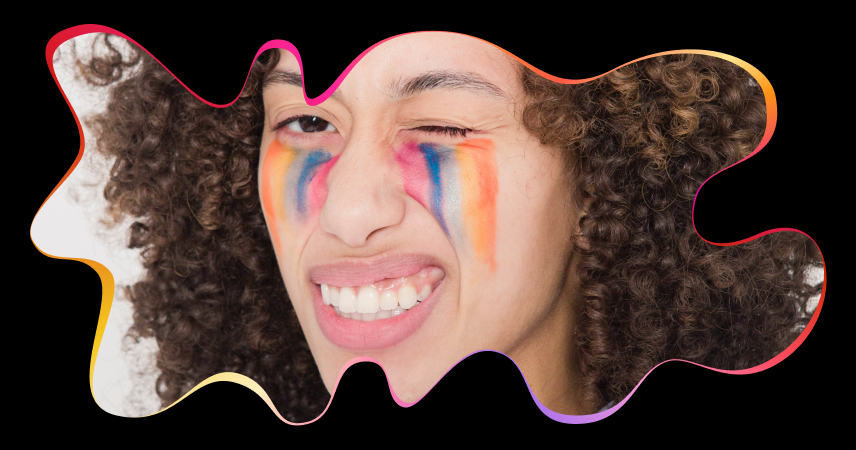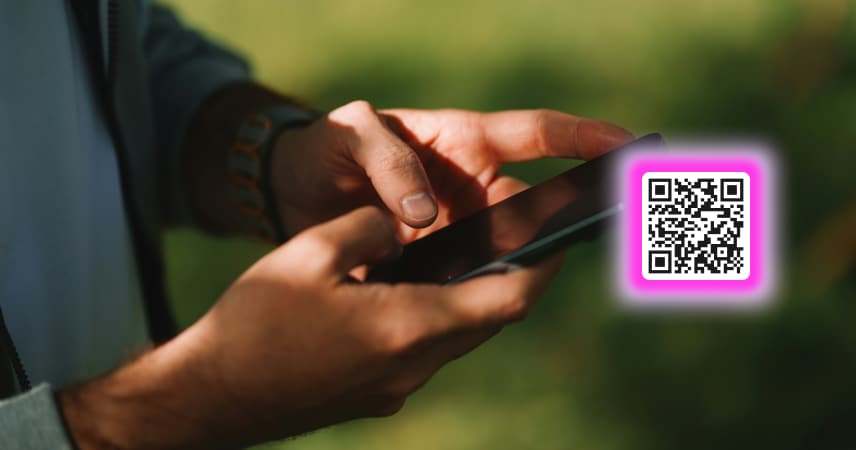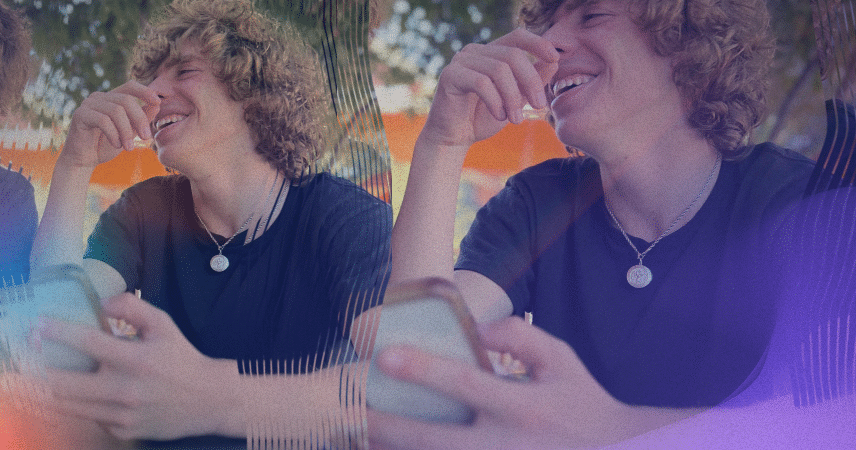
Definition and Causes of Pistanthrophobia
The short and simple definition of this term is a fear of trusting others, especially in romantic relationships. In your case, it means a lack of trust in your bisexual relationships.
The Causes
There may be several causes, but the most common is having been hurt in one or more past relationships with a bisexual who has promised to be monogamous but who, in fact, was not. The person was terribly hurt or rejected and now lives in fear that they will have the same experience.
Even if someone has not had such a traumatic experience, there are psychological conditions that can bring Pistanthrophobia on – low self-esteem, general insecurity, anxiety over relationships, or knowing someone who has suffered such rejection or betrayal and projecting it onto themselves, because they feel somehow unworthy.
Are Relationships with Bisexuals Particularly Susceptible?
Among those in relationships with bisexuals, there does seem to be more Pistanthrophobia than in others. And here’s the reason. You may be a hetero in a dating situation with a bisexual. You may fear that your bisexual lover will be overly attracted to a member of the opposite sex from you and then go for it. The same thing is true if you are a lesbian or gay dating a bisexual. If this has happened to you in the past or you have insecurities anyway, Pistanthrophobia can rear its ugly head.
Signs You Have Pistanthrophobia
Here are eight signs that you can check against your feelings to decide if you have Pistanthrophobia:
-
You anticipate that any new bisexual partner will be unfaithful.
This often comes from the myth that all bisexuals are naturally promiscuous and cannot therefore ever be in a monogamous relationship. This is definitely a myth but that doesn’t help you right now, because you believe it.
-
You Demand Constant Reassurance
This behavior comes from insecurity – either based on past relationships or feelings of inadequacy in your ability to keep your bisexual partner happy and satisfied. You also spend too much time trying to please them and meet their every need or desire. This can be exhausting.
-
You are Overly Jealous
No matter where you are, you are constantly surveying the room or others you meet as a couple and see nothing but competition. You obsess if your partner talks to them. And when your partner is bisexual, your competition is doubled – every man or woman in the room.
-
You See All Bisexuals as Potential Cheaters
Whether you have been cheated on or not, you may be buying into the myths or have a friend who was cheated on by a bisexual. While this is related to the myth that all bisexuals are promiscuous, it is not quite the same. A bisexual may have cheated on you with just one other person. But it’s enough for you to see them all this way, and you will approach any new relationship with a bi believing this.
-
You Are Too Clingy
You find yourself sacrificing your own needs and self-care in order to be with your partner as much as possible and to monitor their movements and behaviors. You turn down invites from friends to go out or take a road trip/vacation because you are afraid to leave them alone for any long period of time.
-
You Develop Sneaky Behaviors
You take actions that are akin to spying on your bisexual partner. You sneak into their phone, stalk them on social media accounts, and may even have taken extreme measures to put spyware on their phone or GPS devices on their vehicle. You then obsessively monitor their actions and travel whenever they are not with you.
-
You Believe You are Not Good or Attractive Enough
This stems from low self-esteem and seeing yourself as not as attractive as your “competition.” There will always be someone more attractive, more fun, or more engaging than you. But people who have a good self-image do not let this bother them. They are comfortable in their own skin. And so you pursue all sorts of “fixes,” including plastic surgery, a host of cosmetic “fixes” and more, thinking that this will keep your partner faithful.
-
You Don’t Believe What Your Bisexual Partner Tells you
This includes such things as where they have been, what they’ve been doing, and who they’ve been with. You are obsessed with checking up on these situations, almost like a police detective. Again, this is exhausting, and you look ridiculous when you do this.
How You Get Over It
You have three options here:
-
Ask Yourself an Important Question
What is driving you to bisexuals? Analyze why you want or choose a bisexual for a dating relationship if it causes you such anxiety and mistrust. Maybe you need to choose another of your specific gender identity – lesbian, gay, trans male/female, etc. This may help to restore your trust.
-
Be Honest with a New Partner
If you know you have Pistanthrophobia, then be honest about it with any new partner, including what you believe the causes are and how they are affecting your behaviors. It’s possible that this new partner can take behavioral steps to gradually re-establish your trust.
-
Get Therapy
Pistanthrophobia is a mental health issue, just like any other phobia is. You may find that regular visits with a psychotherapist can help you get over this problem. And bringing your bisexual partner into some of these sessions could help as well.
Do Not Ignore Your Pistanthrophobia
Pistanthrophobia plays hell with your relationships. When you have no trust, a relationship will never be healthy. If your history of betrayals has been with bisexuals, or if you have serious insecurities or low self-esteem, you must take action. Otherwise, you will lead a miserable dating life.





